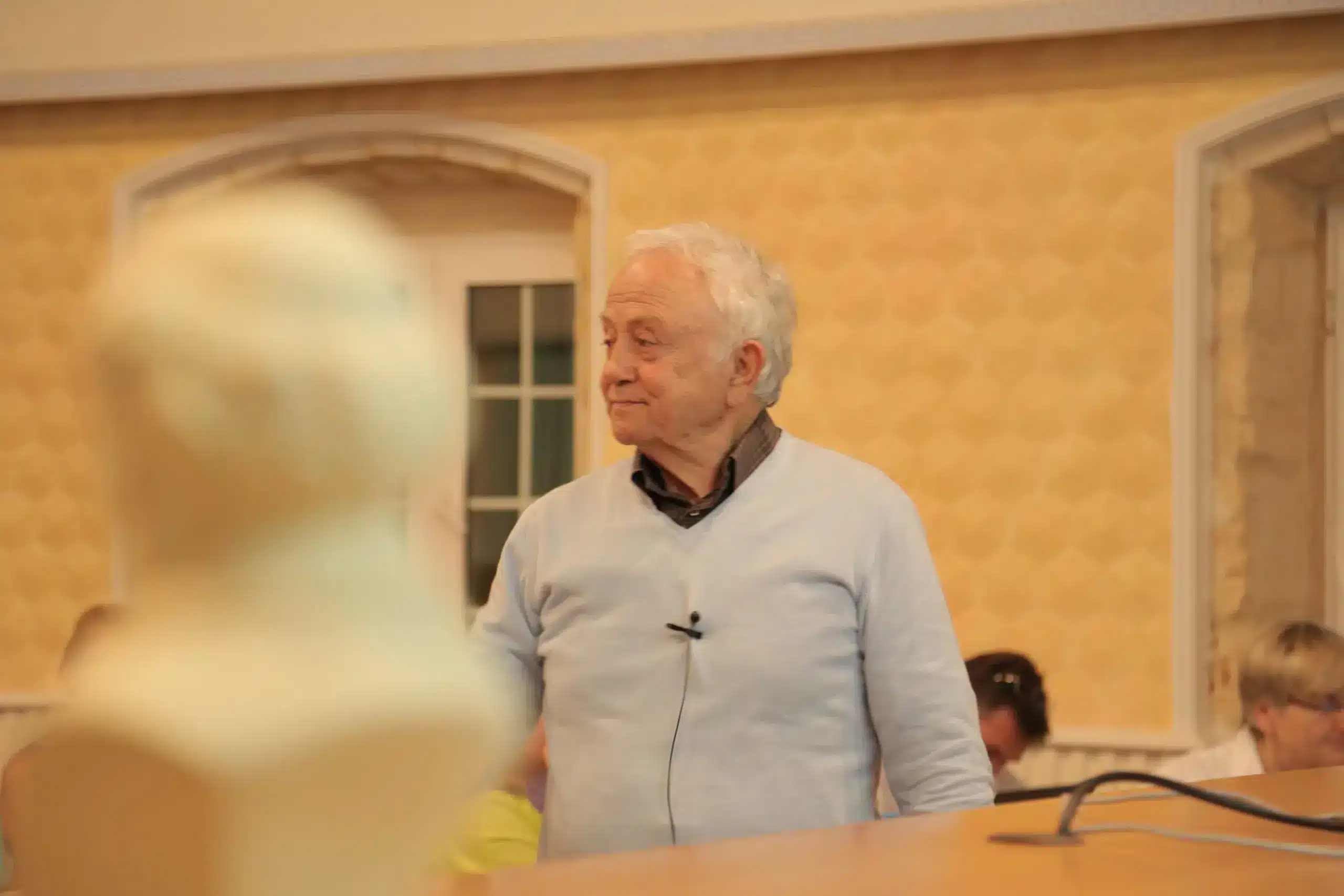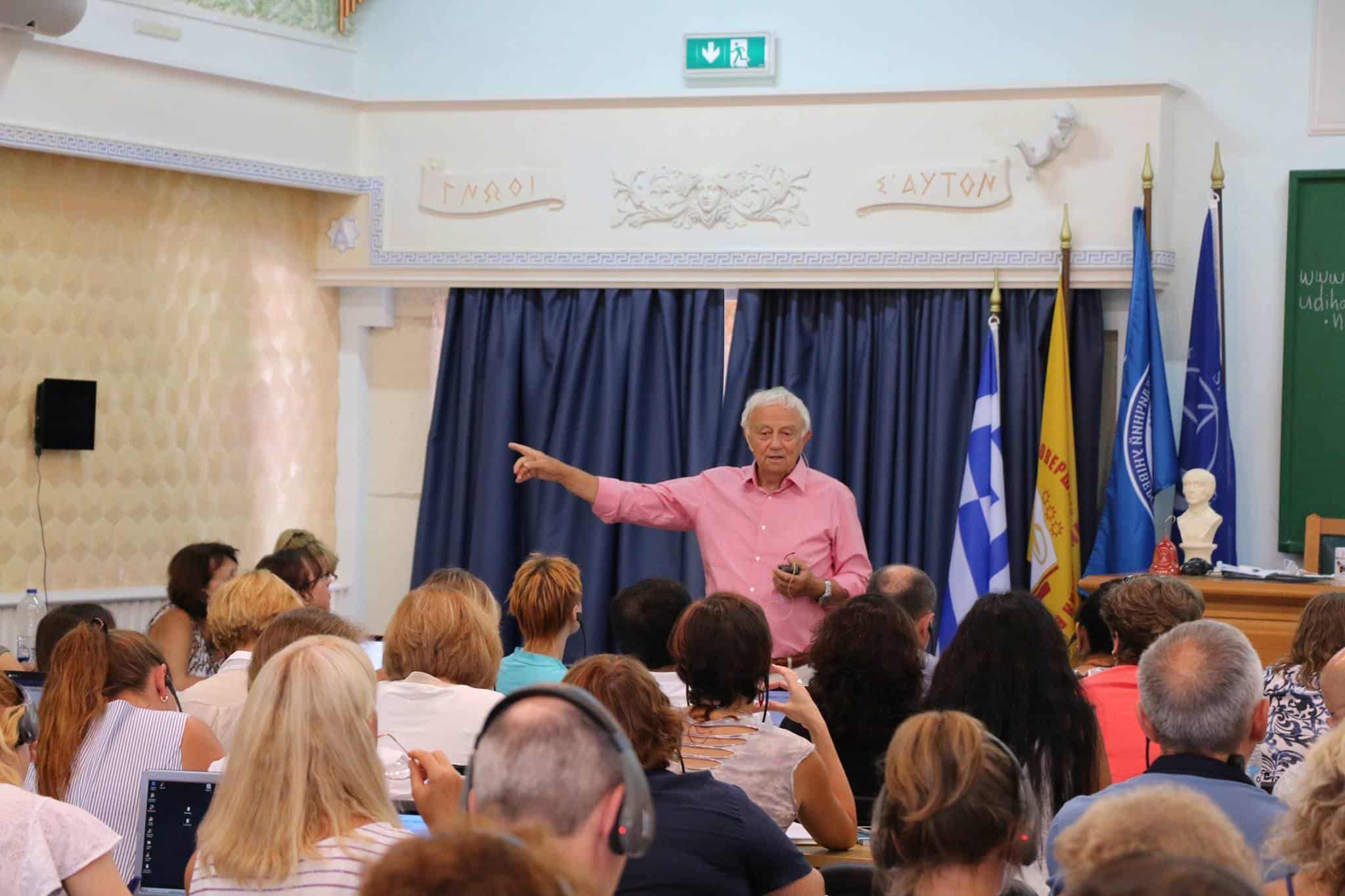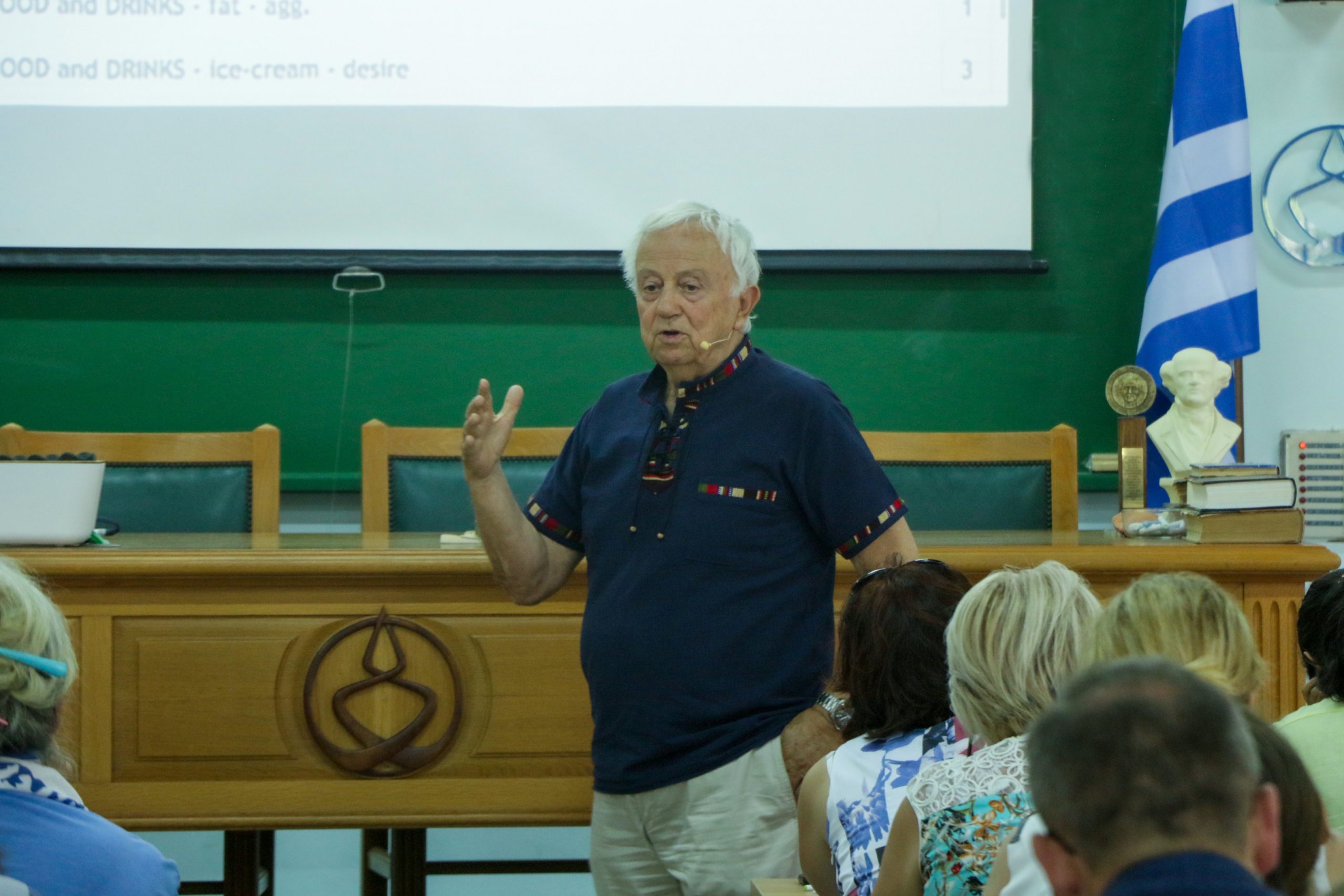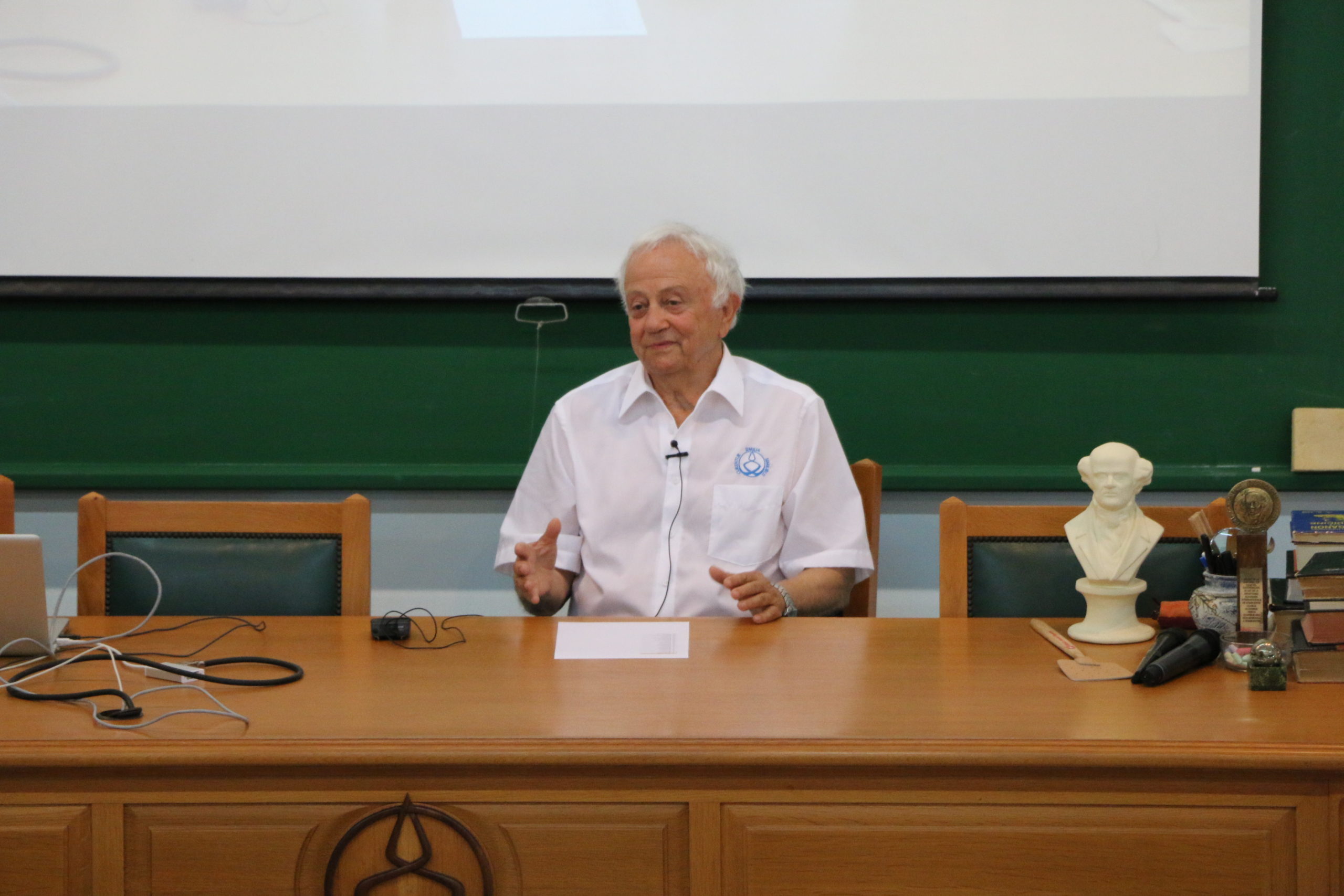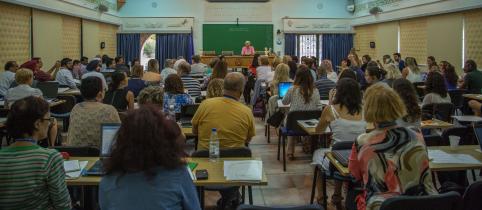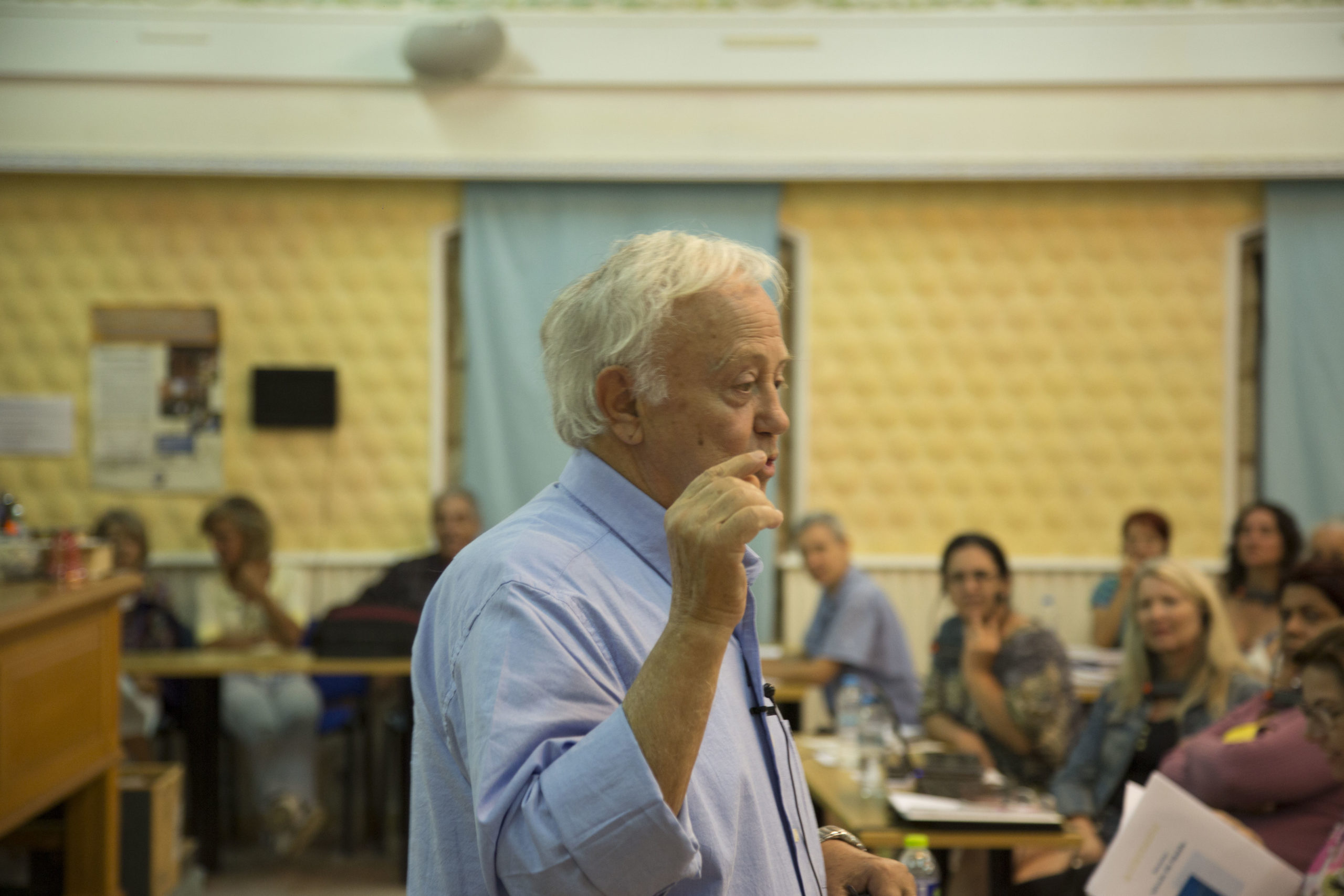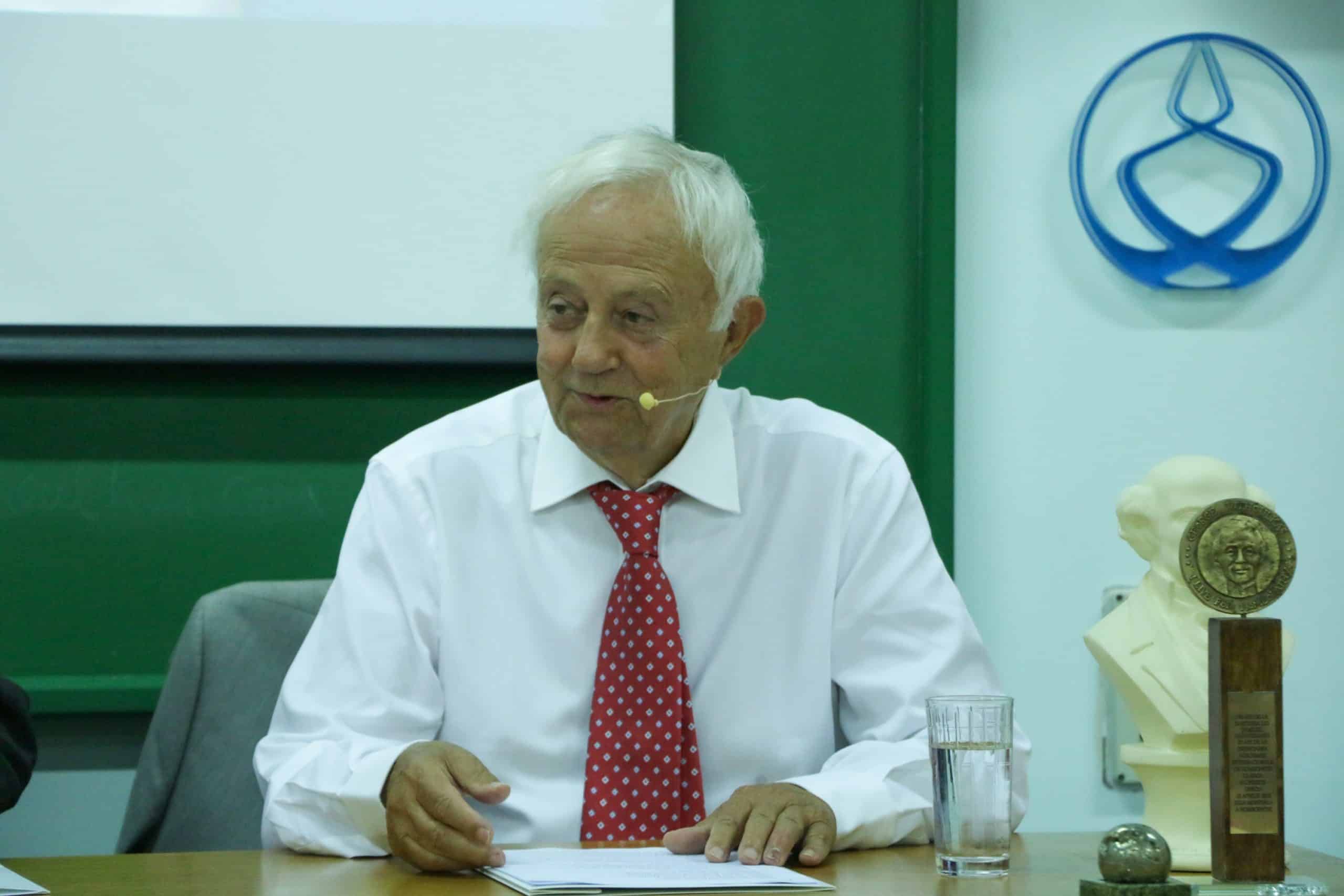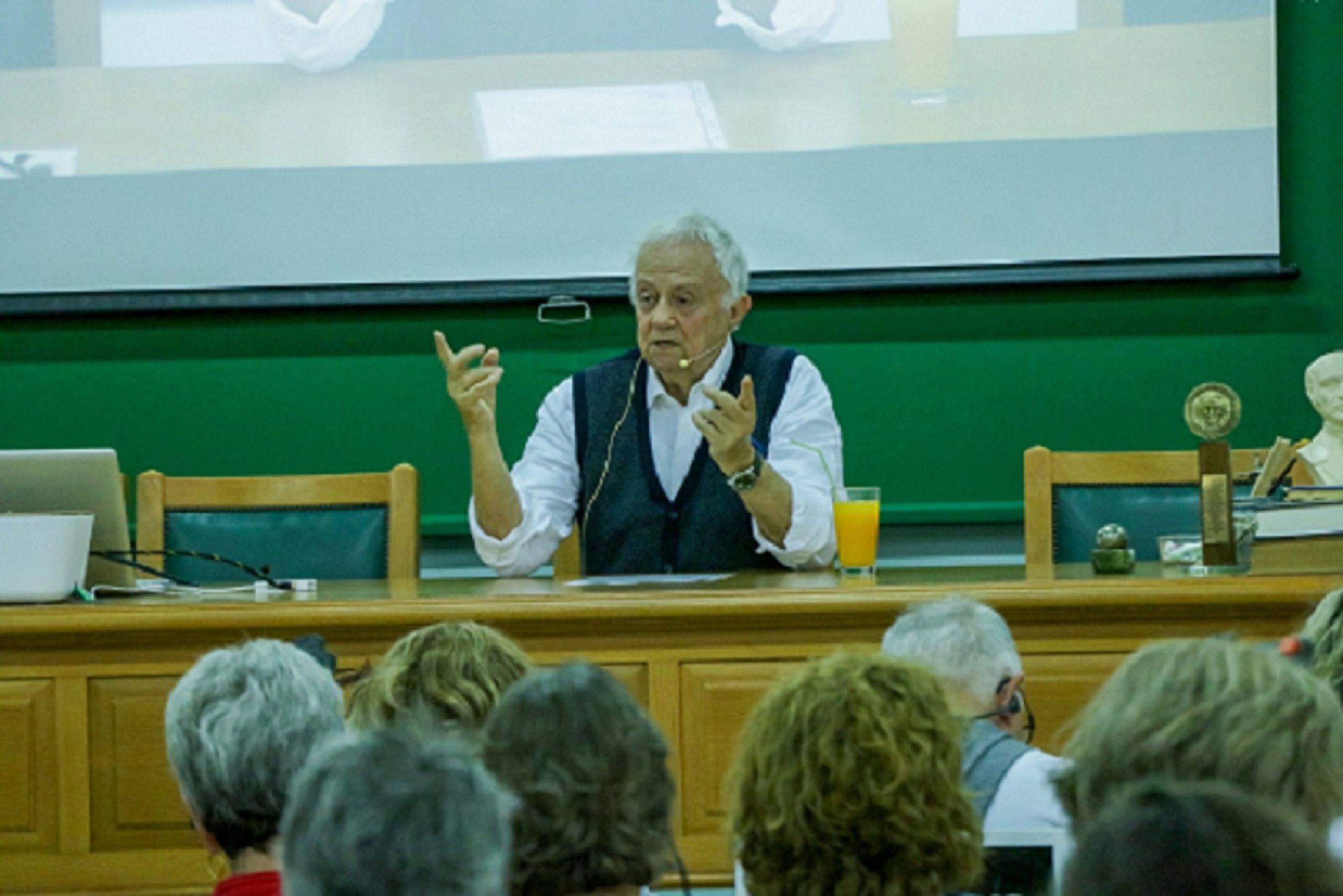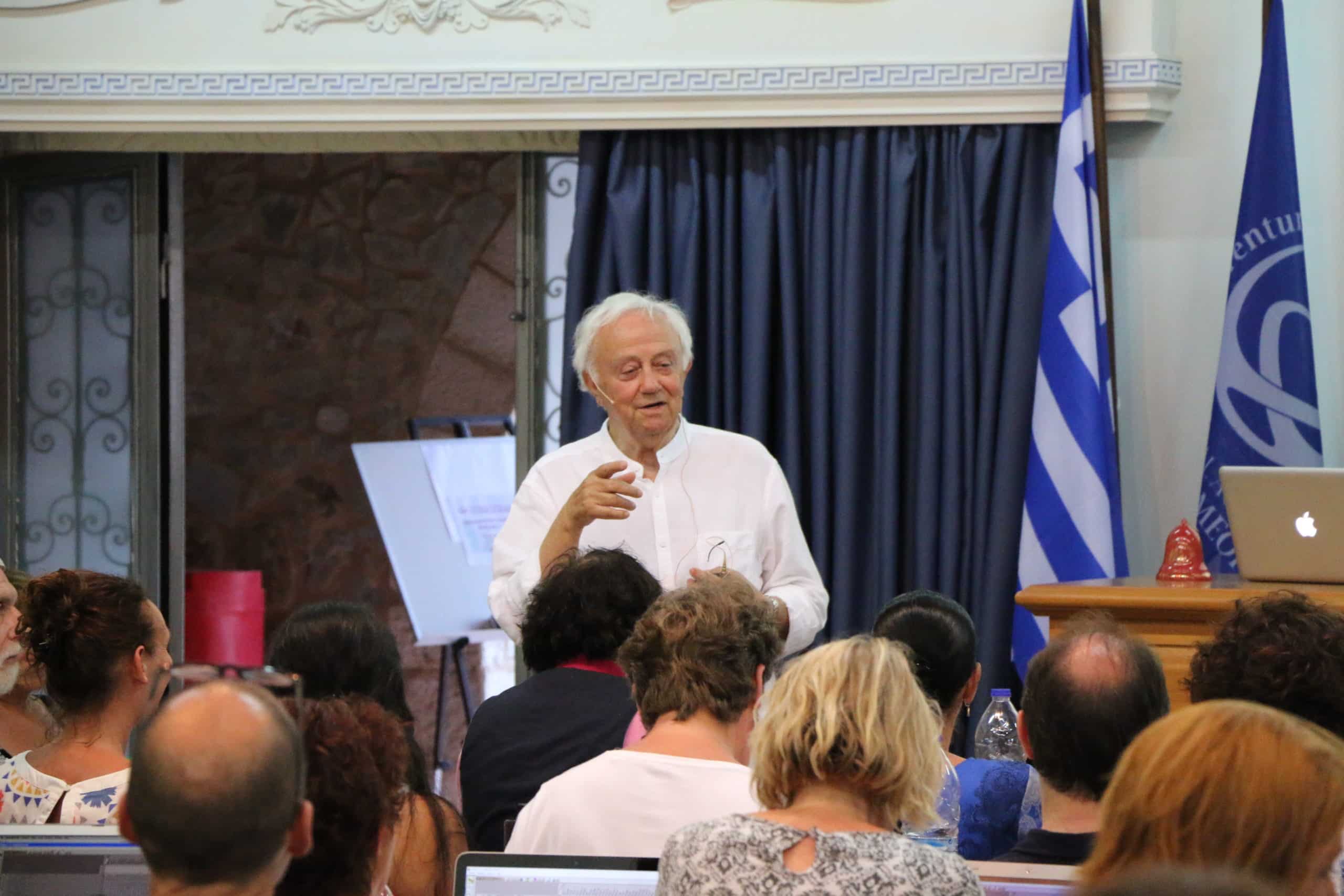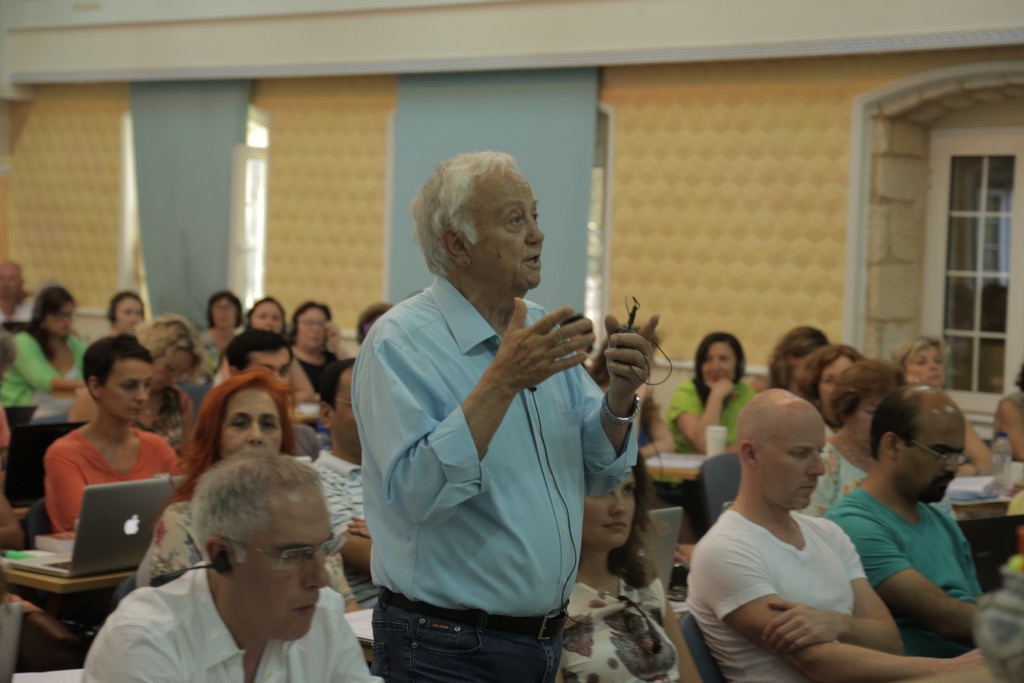This negative study on headaches – so badly conceived – was sent to the prestigious “Cephalagia Journal” that promptly published it.
CLASSICAL HOMEOPATHIC TREATMENT OF CHRONIC HEADACHES
This negative study on headaches – so badly conceived – was sent to the prestigious “Cephalagia Journal” that promptly published it.
My following critic was sent also to the cephalagia Journal but refused to publish it.
– G.V.
Classical Homeopathic Treatment of Chronic Headaches
This study was undertaken by H. Walach, (1) W. Haeusler,(2) T. Lowes,(2) D. Mussbach,(2) U. Shamell,(2) W. Springer,(2) G. Stritzl,(2) W. Gaus, (3)G. Haag.(1)
Universität Freiburg,(1)Psychologisches Institut, Abt. Rehabilitationspsychologie, Freiburg, Germany; Homöopathische Praxisgemeinschaft, (2)München, Germany; Universität Ulm, (3) Biometrie und Medizinische Dokumentation, Ulm, Germany
Cephalalgia 1997;17:119-26. Oslo. ISSN 0333-1024
A Critical Review
The results in this study are not surprising if one takes into consideation that they are the consequences of :
1. lack of experience of those prescribing in treating such long-standing headache cases;
2. a lack of understanding of the theoretical basis of homeopathy in those involved in the study.
For an experienced homeopath a case of chronic headaches of mean duration of 23 years will have the following implications:
a. A very long period of aggravation in the beginning of the treatment (even more than four weeks in some cases) if the remedy was correct. Such a reaction will induce the patient to use more painkillers than usual.
From the report it is obvious that such practice happened in the homeopathic group. But it is well known and established through experience that if a patient uses chemical (allopathic) drugs in the initial aggravation stage, then automatically this counteracts the curative effect of the remedy!
Therefore the amelioration from the remedy will never appear.
From the report it is obvious that THE HOMEOPATHIC GROUP did use actually more painkillers than the placebo group proving in an indirect way that there was an aggravation!
b. In cases with such long-standing headaches a period of treatment of at least two years will be required and a sequence of several remedies before a curative effect can be clearly demonstrated.
(It is well known to all homeopaths that we usually need one month of treatment for every year of suffering, and that can happen only in very careful homeopathic prescribing, otherwise the time needed may be longer).
c. In cases where the headaches have lasted for more than twenty or thirty years it is highly improbable that there is even the slightest possibility that a cure will take place with the first remedy.
The reason is that such long-standing headache sufferers have used so many chemical drugs and for so many years that the original modalities of their headache – which are needed for a correct homeopathic prescription – are confused, or masked and the discovery of the right homeopathic remedy is almost impossible.
d. It is true that if certain conditions were met, like
1. if the remedy was correct
2. if the duration of suffering was only of a few years, and not 20-30 years
3. if after the initial aggravation no allopathic painkillers were given but the patient was encouraged to go through the aggravation period without any drugs – as it is done always in private practice – then such cases could show an impressive improvement. (Only one such case was reported).
e. Finally, the experience and knowledge of the homeopaths who claim to be educated in the science of classical homeopathy is obviously of crucial importance in finding the correct remedy.
If an incorrect remedy was prescribed then the issue of “having given a homeopathic remedy” does not even arise in the first place as the incorrect remedy will leave the case untouched or slightly aggravated. This issue does not seem to be taken into consideration in the study and a false impression is therefore given to the impartial but ignorant reader that the remedies prescribed were really the correct ones.
The claim that all six prescribers discussed the case and agreed on the chosen remedy does not guarantee at all that the remedy was correct.
A better way would have been that each prescriber took the case separately and wrote down the remedy in a sealed envelope, and if finally all the opened envelopes indicated the same remedy, then we might say there was a great probability that the remedy might have been the correct one.
Conclusion
For the above reasons we can conclude that the study was ill-conceived but admittedly well executed and sincerely reported. We should also conclude that if all the remedies prescribed were correct, then we would have witnessed a much greater aggravation in the homeopathic group than the one reported already in the study.
In such a case (of correct prescriptions) we would also have witnessed at least 3 or 4 “real cures” – those that complied with the conditions of paragraph (d).
Anyhow, the fact that an obvious aggravation was reported in the homeopathic group shows that there was an effect from the homeopathic remedy (the well-known initial homeopathic aggravation).
George Vithoulkas
Director of the International Academy for Classical Homeopathy,
Alonissos 37005, Greece.
References
- J.T. Kent: Lectures on Homeopathic Philosophy
- G. Vithoulkas: The Science of Homeopathy
- S. Hahnemann: Organon of the Art of Healing


